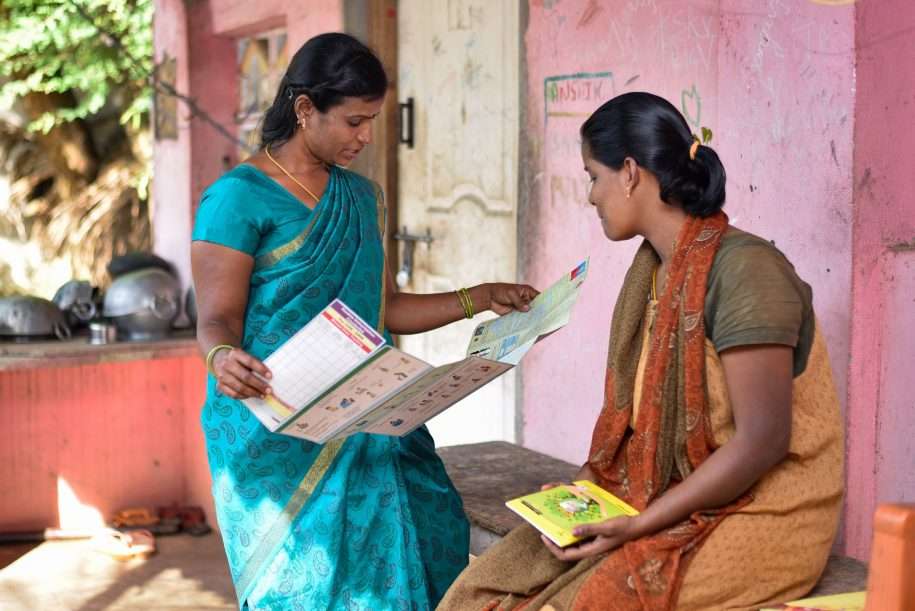Globally, depression affects an estimated 3.8 percent of the population. It is the fourth largest contributor to the global burden of disease and the third largest source of years lost to disability. Estimates from the National Mental Health Survey 2015-16 suggest that nearly 15 per cent of adults in India need active intervention for one or more mental health issues and one in 20 Indian users from depression. These conditions have adverse implications for the socioeconomic outcomes of the household. Moreover, depression is more prevalent among the poor and can contribute to poverty traps.
Depression treatment may have health benefits and improve socioeconomic outcomes. This brief summarises findings from a study that examined the effects of pharmacotherapy on depression, socioeconomic outcomes, and possible pathways that may link mental health and economic behaviour, conducted in peri-urban Bangalore, India.

